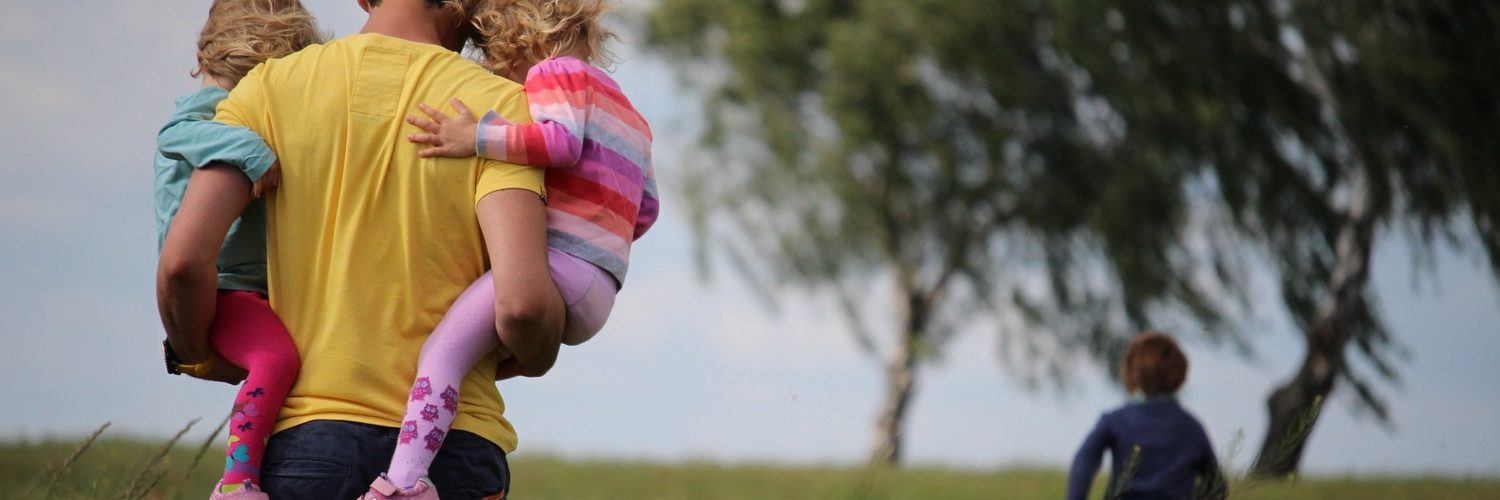Raising children has become more demanding, both financially and time-wise. There has been a rise of intensive parenting – constant monitoring and teaching – across all social classes. It is not just the norm for upper-middle-class parents like it was in the 1990s.
As sociologists discovered, this phenomenon is driven mainly by economic anxiety. Parents want to give their children the best start in life so that they will be able to climb to a higher social class – or at least not slip down the ladder. However, for working class parents, they would have to find more affordable alternatives to provide their children with the extra classes and activities that are usually costly.
Many products and services are aimed at parents to teach them the ‘right way’ of parenting, or to increase monitoring or ensuring the best for the child. Examples of these are video baby monitors, homemade baby food, toddler music lessons, and instagram-worthy lavish birthday parties for children. All of these actually drive up the expectations of how much parents need to spend on their children for them to feel that they are good parents, causing much anguish for modern-day parents.
Read the full article on The New York Times: The Relentlessness of Modern Parenting
Analysis:
While the author contends that this style of parenting is an American phenomenon and gives examples of other societies having more laissez-faire parenting, intensive parenting is also happening here in Singapore. The driving factor of economic anxiety is also felt locally as parents want to provide more resources for their children to keep up with other children when they begin formal education. Enrichment classes are available for toddlers as young as two, attracting parents who hope that giving their children a head start would pave the way to a brighter future. During formal education years, students are not spared from going for extra classes to improve their grades as well, with the stress being put on both parents and their children.
Additionally, the costs of having children are not only financial, but also having to shoulder the societal pressures to provide a comfortable life for them, and the sacrifices of personal time, which can partly explain the declining birth rates in most developed countries. (Read: a young writer’s view on why people her age do not want children.)
Questions for further personal evaluation:
- Should others place expectations on how parents raise their children? Why, or why not?
- What other examples of intensive parenting can you think of?
Useful vocabulary:
- ‘enact’: put into practice
- ‘bolstered’: supported
- ‘permeated’: spread throughout
Picture credits:https://unsplash.com/photos/O-RKu3Aqnsw

